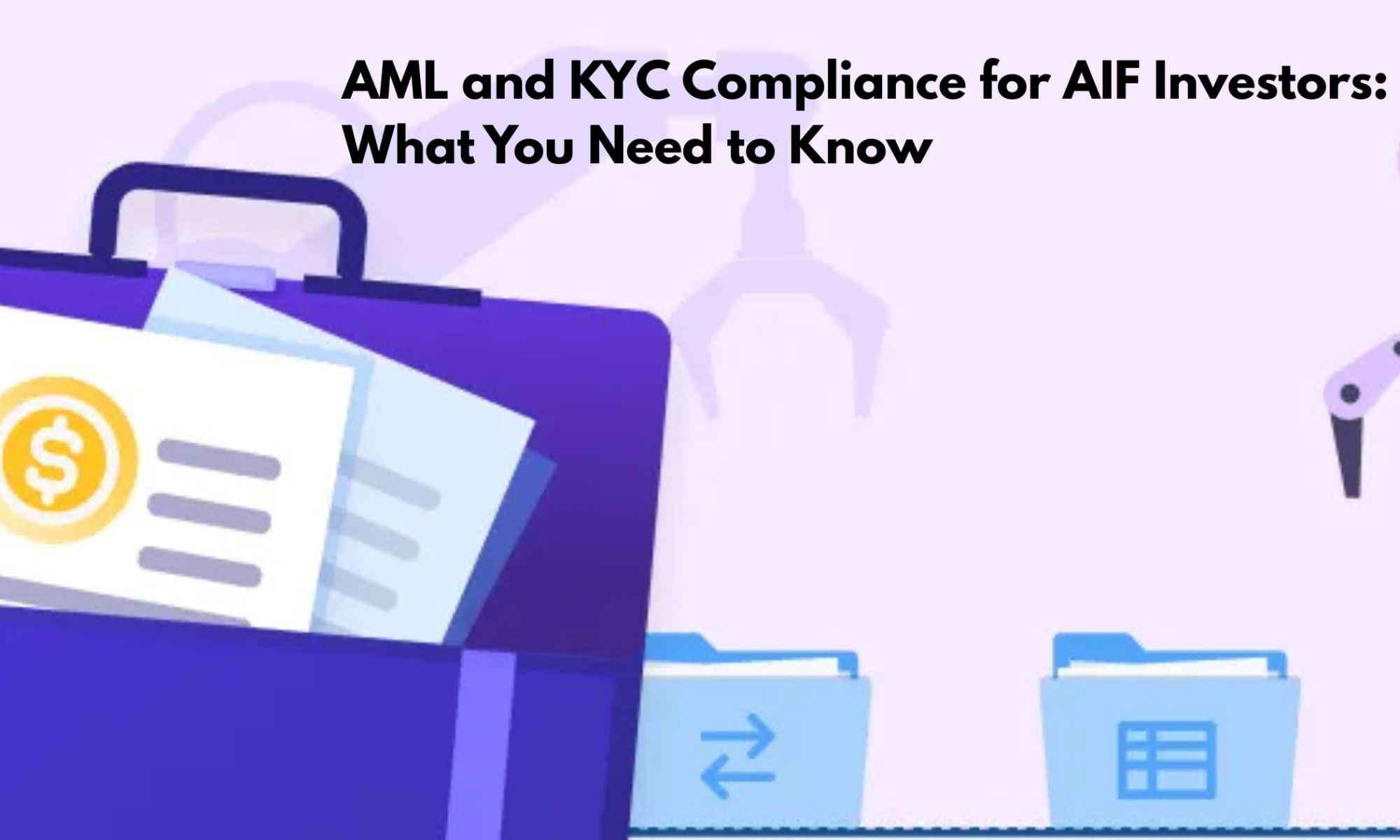lternative Investment Funds (AIFs) have become a preferred investment vehicle in India for High Net-worth Individuals (HNIs) and institutional investors seeking higher returns and diversification beyond traditional investments. While the entry into AIFs is often strategized with great precision, understanding the exit strategies is equally important. A well-planned exit ensures capital recovery, tax efficiency, and reinvestment potential.
In this blog, we analyze various exit routes available for AIF investors and how strategic planning can impact their overall investment success.
Understanding AIF Structures
Before diving into exit strategies, it’s essential to recognize that AIFs are classified into three categories:
- Category I AIFs – Invest in start-ups, SMEs, infrastructure, etc.
- Category II AIFs – Invest in private equity, debt funds, and real estate.
- Category III AIFs – Employ complex trading strategies (hedge funds).
Each category has different liquidity characteristics, which directly impact exit timelines and options.
Common Exit Strategies for AIF Investors
1. Initial Public Offering (IPO) of Investee Companies
One of the most rewarding exit strategies is when portfolio companies go public. AIFs, especially those in Category I and II, often invest in start-ups or private companies that may list on stock exchanges. Upon IPO, investors can realize substantial returns.
2. Strategic Sale or Acquisition
AIFs may exit their investments when a strategic buyer acquires the investee company. This type of sale is common in the case of private equity or venture capital investments where larger corporations buy out the business.
3. Secondary Sale
In this method, the AIF sells its stake to another investor or fund in the secondary market. This provides liquidity even before the natural maturity of the fund.
4. Buyback by Promoters
Sometimes, promoters of the investee company buy back the shares held by the AIF. This is a clean and direct method of exiting, especially when the promoters want to retain a higher stake or control.
5. Fund Wind-Up / Maturity
Each AIF has a defined tenure (usually 7–10 years). Upon maturity, the AIF liquidates its holdings and distributes returns to investors. Category III AIFs, being open-ended, offer periodic redemption options.
Role of AIF Registration and Compliance in Exit Strategy
Investors looking to invest in AIFs must ensure that the fund is properly registered with SEBI. Proper registration ensures regulatory oversight and transparency, which are critical for smooth exits. Many investors now prefer Online AIF Registration in India for ease and speed.
Moreover, for fund managers, completing the Alternative Investment Fund Registration in India accurately and maintaining compliance throughout the fund lifecycle directly impacts investor confidence and exit viability.
Tax Implications During Exit
Different AIF categories have different tax treatments:
- Category I and II AIFs – Pass-through status for income (except business income).
- Category III AIFs – Taxed at the fund level.
Investors must plan their exit by keeping tax impact in mind. Working with an experienced AIF Registration Consultant helps in structuring investments and exits efficiently.
Importance of Strategic Exit Planning
Exit is not just about getting the money back — it’s about optimizing returns, minimizing tax burden, and aligning with financial goals. Key considerations include:
- Timing the market
- Assessing liquidity needs
- Evaluating portfolio performance
- Regulatory disclosures
Fund managers and investors should engage in active discussions on exit roadmaps from the very beginning.
Final Thoughts
As AIFs continue to gain traction in India, investors must pay close attention to exit strategies to maximize their returns and manage risks. A proactive approach, supported by knowledgeable advisors and streamlined compliance via AIF Registration Online in India, can significantly improve exit outcomes.
If you are planning to start an AIF or invest in one, ensure you consult professionals who specialize in Online Alternative Investment Fund Registration in India. A reliable AIF Registration Consultant can guide you through compliance, structure, and strategic planning — including your eventual exit.










